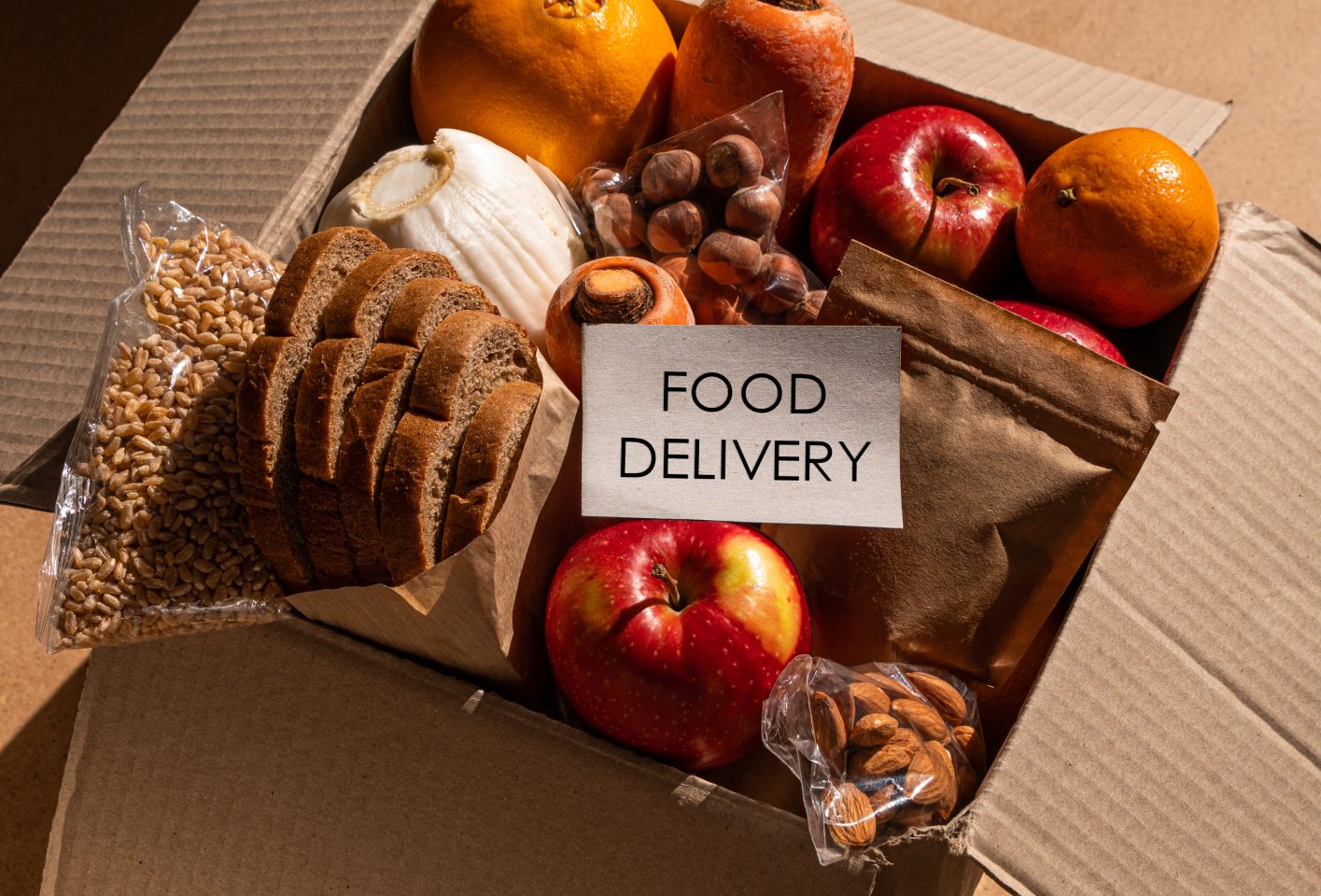How to Succeed in Perishable Goods Shipping
Latest update on 19 June, 2024 by Angelina Pang– Marketing Analyst at FreightAmigo
In our increasingly interconnected world, the international trade of perishable goods has become a critical component of the global supply chain. Products such as fresh produce, pharmaceuticals, and flowers are in high demand worldwide, presenting both exciting opportunities and unique challenges for businesses. Ensuring the safe and timely transportation of these temperature-sensitive, time-bound items requires innovative solutions and a deep understanding of the complexities involved.
This comprehensive article, FreightAmigo will delve into the intricate world of perishable goods shipping, exploring the various obstacles businesses face and the effective strategies they can employ to overcome them. By addressing the key challenges, from temperature control and regulatory compliance to quality assurance and contamination risks, we will uncover the pivotal role that advanced technologies, expert knowledge, and streamlined logistics play in delivering perishable goods to global markets in optimal conditions.
Want to instantly compare international express, air, sea, rail freight and truck logistics management solutions to control transportation costs
The Rise of Perishable Goods Shipping
The demand for perishable goods has been steadily rising, driven by the growing global economy and the increasing consumer appetite for fresh, high-quality products. Industries worldwide have benefited from the advancements in transportation and storage technologies, which have made it easier to move temperature-sensitive items over long distances within a shorter timeframe.
Perishable goods, which are vulnerable to external environmental changes and may decay, spoil, or become contaminated if not properly refrigerated or frozen, have become a crucial part of the international trade landscape. These time and temperature-sensitive items, ranging from pharmaceuticals and floral products to fresh food and dairy, must be transported and delivered with utmost care to preserve their shelf life and maintain their value in the global marketplace.
Challenges in Perishable Goods Shipping
Navigating the complexities of perishable goods shipping presents a unique set of challenges that demand innovative solutions from logistics providers and businesses alike. These challenges include:
Temperature Control and Monitoring
Maintaining the optimal temperature throughout the entire transportation journey is paramount to preserving the quality and safety of perishable goods. Fluctuations in temperature during transit can lead to spoilage, rendering the products unfit for consumption and causing significant financial losses.
Regulatory Compliance and Documentation
The import and export of perishable goods are subject to a myriad of regulations and documentation requirements that vary across different countries. Non-compliance with these regulations can result in delays, additional costs, and even the rejection of shipments at the border, disrupting the supply chain and negatively impacting business operations.
Time Sensitivity
Perishable goods have a limited shelf life, necessitating swift transportation to ensure they reach their destination in optimal condition. Delays in transit can lead to financial losses, compromised quality, and the inability to meet customer demands.
Quality Assurance and Handling
Maintaining the integrity and quality of perishable items requires meticulous handling at every stage of the supply chain, from packing and loading to unloading and distribution. Improper handling can result in damage, contamination, and a reduction in the product’s overall value.
Risk of Contamination
Perishable goods are susceptible to contamination from external factors, including pests, pathogens, and unsanitary conditions. Ensuring the safety and hygiene of these products is crucial to prevent the spread of illnesses and protect consumers.
Unlocking the Opportunities in Perishable Goods Shipping
While the transportation of perishable goods presents numerous challenges, it also offers significant opportunities for businesses to capitalize on the growing global demand and enhance their competitive edge. By embracing the strategies and technologies discussed in this article, companies can unlock a world of possibilities, including:
Reduced Spoilage and Waste
Leveraging advanced cold chain technologies and optimized logistics can dramatically reduce the rate of spoilage and waste during the transportation of perishable goods, leading to substantial cost savings and improved sustainability.
Improved Supply Chain Efficiency
By streamlining processes, enhancing visibility, and leveraging data-driven insights, businesses can optimize their supply chain operations, reducing costs, minimizing delays, and enhancing customer satisfaction.
Expanded Market Access
The ability to reliably and efficiently transport perishable goods across borders opens up new opportunities for businesses to reach a global customer base, tapping into diverse markets and expanding their revenue streams.
Enhanced Sustainability and Environmental Impact
By minimizing waste, optimizing transportation routes, and adopting eco-friendly packaging and handling practices, companies can contribute to a more sustainable future while strengthening their brand reputation and appealing to environmentally conscious consumers.
Conclusion
Shipping perishables is a complex and multifaceted endeavor, filled with challenges but also opportunities for businesses willing to embrace innovative solutions and strategies. By leveraging advanced technology, cultivating expertise, and implementing streamlined operational processes, FreightAmigo allows companies to navigate the complex landscape of perishables transportation, unlocking the vast potential of global markets.
If you are looking for a reliable partner to ship perishable goods, welcome to the FreightAmigo page to inquire
If you have any inquiries on logistics / supply chain, feel free to contact FreightAmigo now:
Chat with us online | Hotline: +852 28121686 | WhatsApp: +852 27467829










































